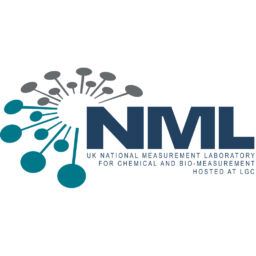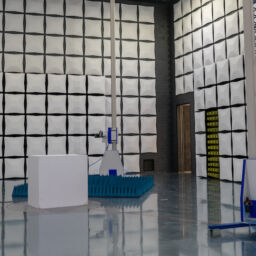
NPL has developed the metrology required to understand the behaviour and performance of bioplastics to support biome bioplastics in its quality control and product development.
Biome Bioplastics is a UK plastics company, developing innovative bio-based compostable plastics for sustainable packaging and agricultural applications. The goal of the company is to produce bioplastics that can challenge and replace conventional fossil-based polymers but are completely compostable. This British technological development has the potential to significantly reduce the impact of plastics on the environment.
The need
Biome aimed to develop a new technology that enables the production of novel bioplastics with properties similar to those of conventional plastics but that are home compostable, allowing consumers to take ownership of their compostable waste. However, Biome needed to better understand the root cause of some disintegration behaviour in their new products. Their new bioplastic products have reported composting temperatures as low as 25 °C, rather than the industry standard temperature of 50 °C. The complexity of the composting environment means significant expertise is required to investigate the material properties and develop the metrology to understand the behaviour and performance of bioplastics. This could then be used as quality control processes and in further exploitation of product development.
The solution
With its world-leading expertise in surface technology and advanced engineering materials, NPL supported Biome through the Innovate UK Analysis for Innovators Programme by investigating the physical and chemical properties of their bioplastics. NPL applied thermal, morphological, topological, chemical and gas physisorption analysis capabilities in a novel and complementary way. Different forms of the polymers (sheets vs. fibres), as well as the samples collected at various stages and conditions of the composability tests, were measured to understand the correlations between the materials’ properties and their disintegration performance. The resulting information enabled Biome to identify some key material characteristics, such as porosity and crystallinity, which are likely associated with the disintegration behaviour of end products.
The impact
Based on these findings, NPL and Biome developed rapid, cost-effective and quantitative methods which can potentially be used to monitor key process parameters to ensure product quality and reproducibility. The knowledge obtained from this work can be further exploited to broaden Biome’s product ranges, bringing high-volume, cost-effective biomaterials and bioplastics to market. Since disintegration tests are expensive and time-consuming, unlocking this knowledge could also lead to the development of new analytical tools which predict products’ end-of-life performance. NPL continued the collaboration with Biome to investigate the impact of the manufacturing process on products’ performance, which is of great importance to the sustainability of plastics in their lifecycle.














